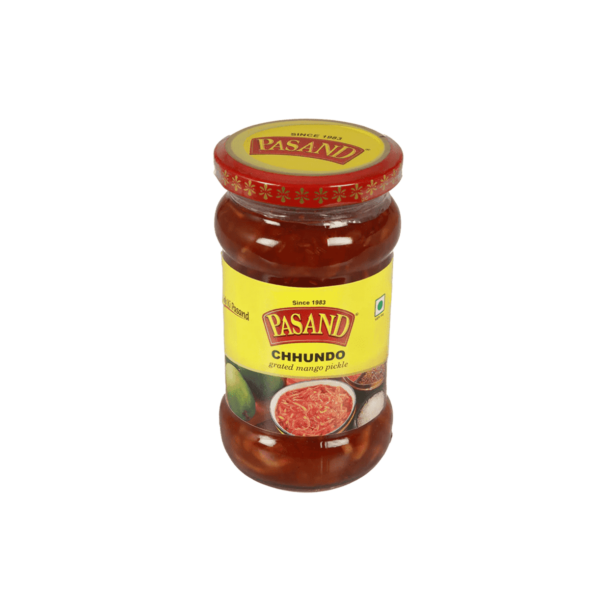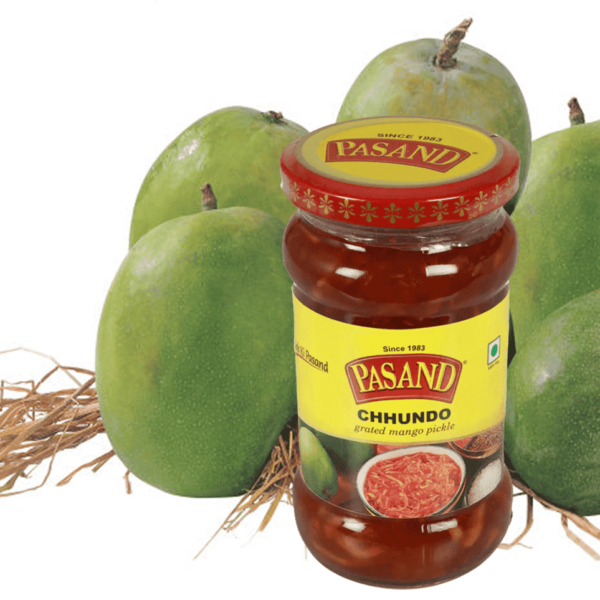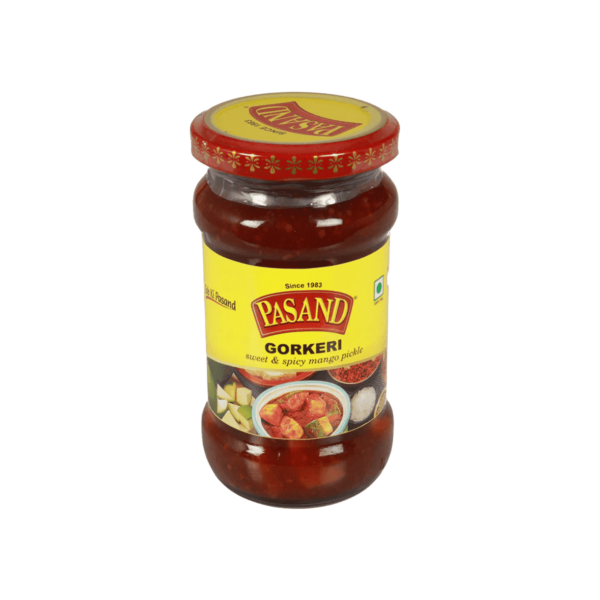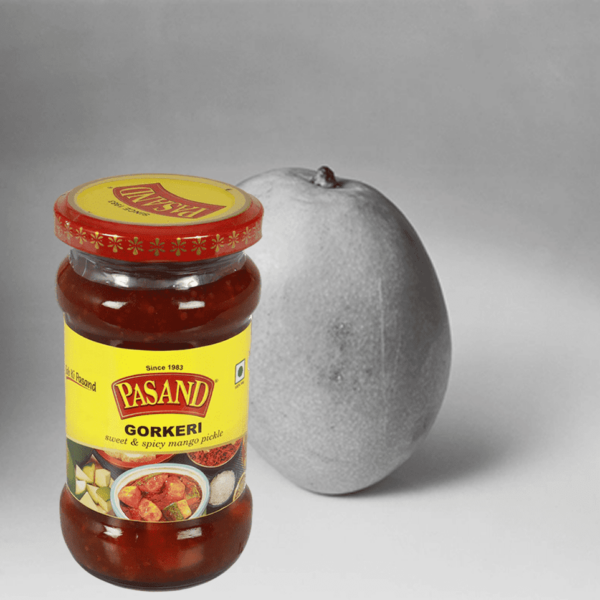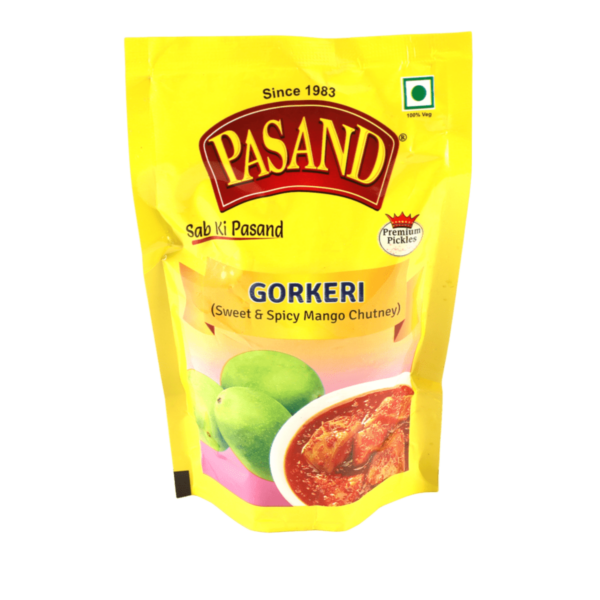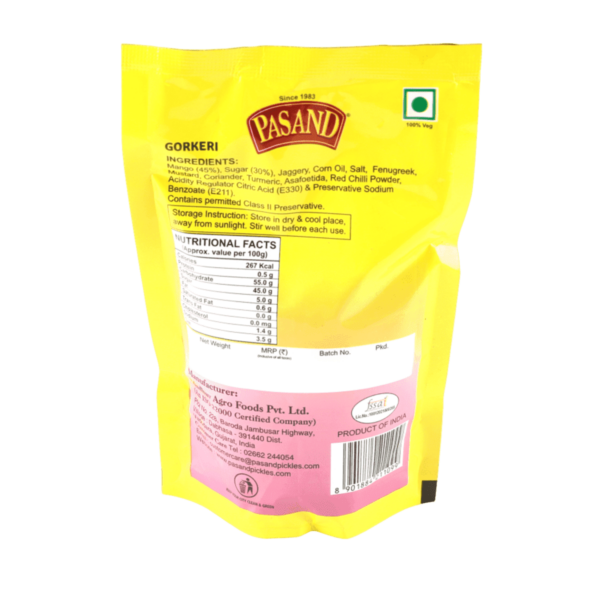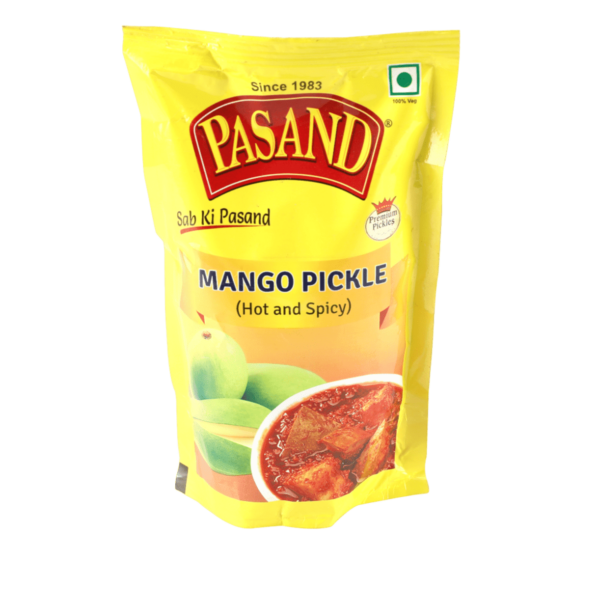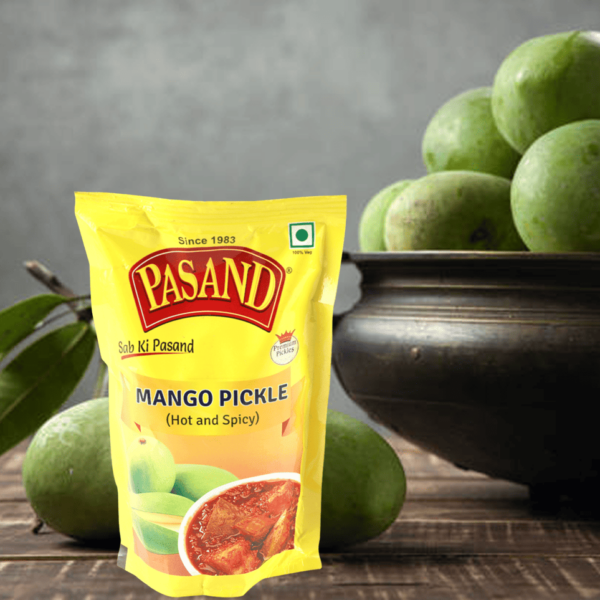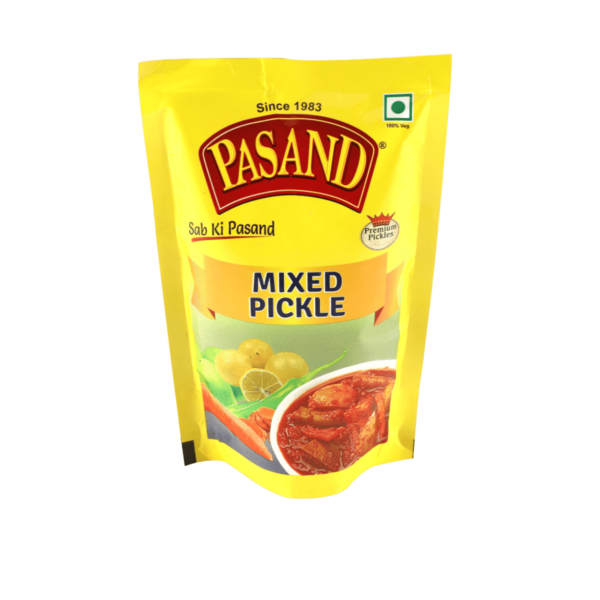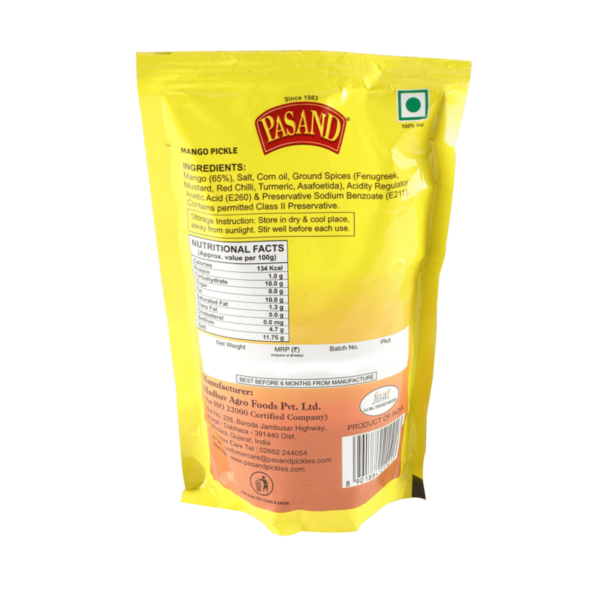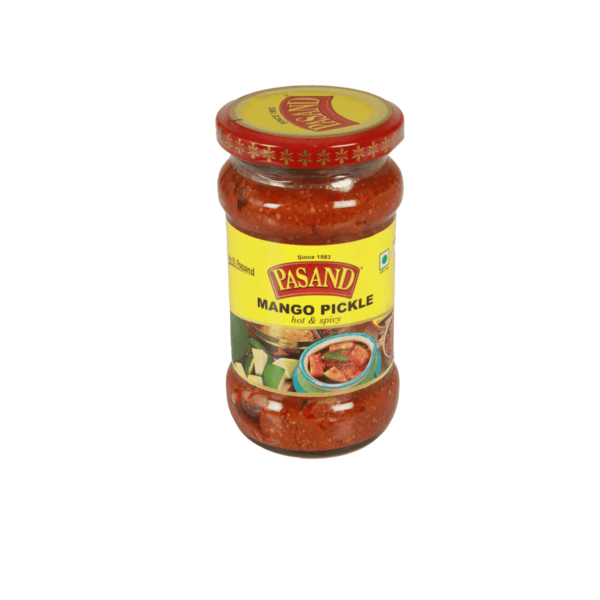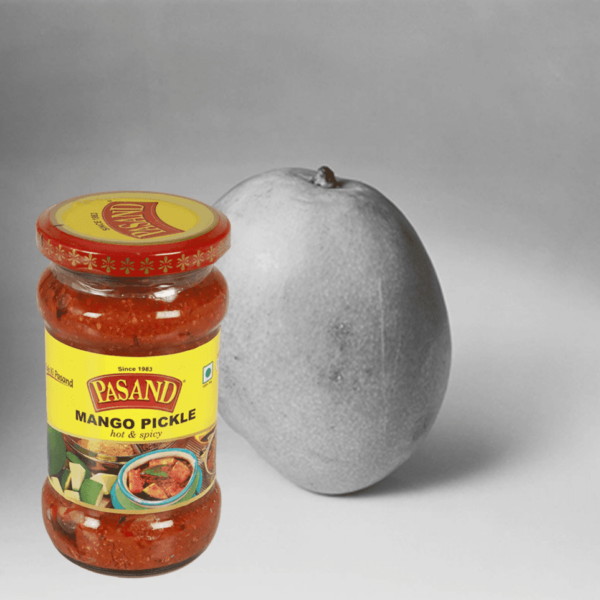8 Products
-
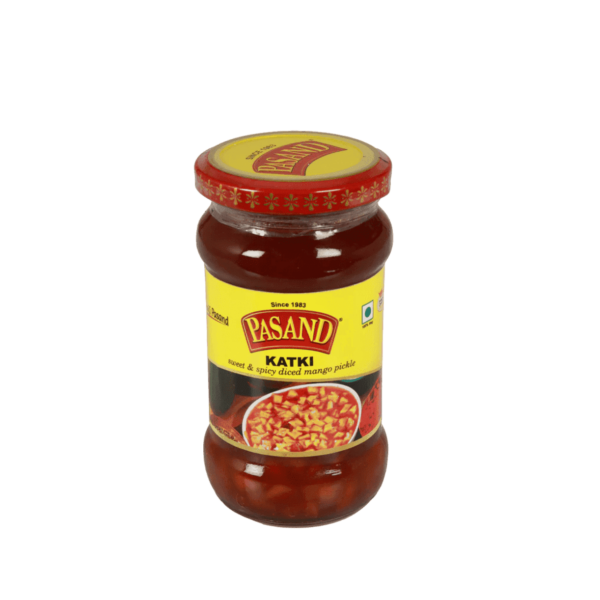
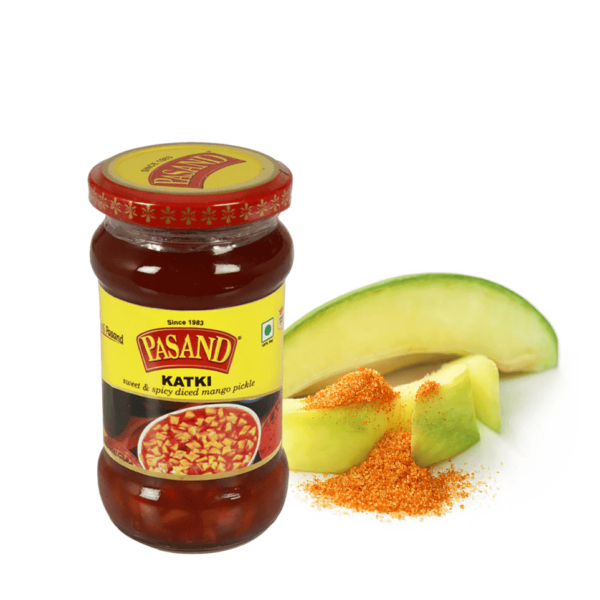 ₹150
₹150Katki-keri is the younger sister of chhundo . The hand cut uniform dicing of mangoes packs a potent punch in this sweet mango pickle delicacy. Kids love it and when they grow up to become elders they would wish to go back to those golden days of childhood and energy where after a playground visit the stylish Katki made to the tongue and tummies of hungry children.
-
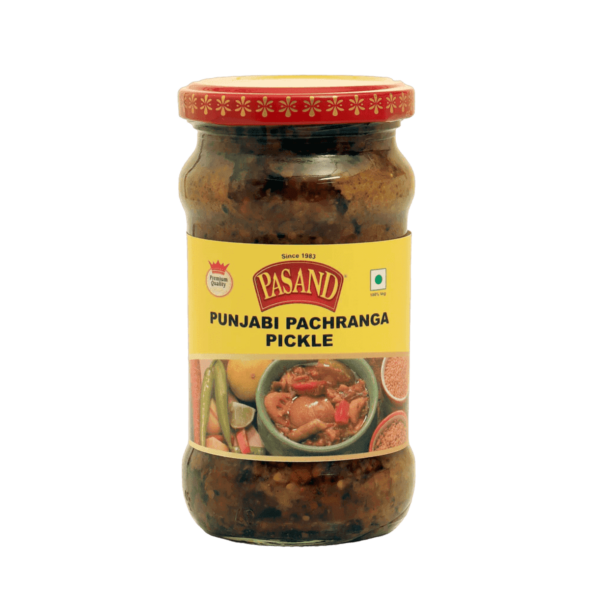
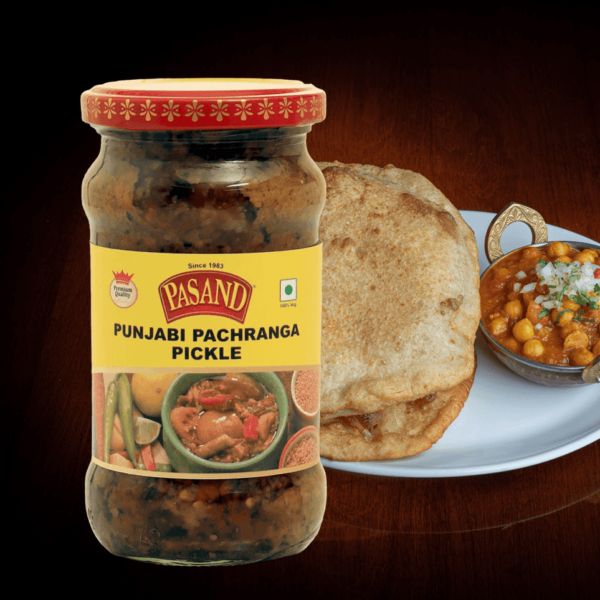 ₹150
₹150It is an extremely flavorful pickle mixed with piquant spices and having a unique flavour suffused with the punch of kachhi ghani sarson tel aka mustard oil. Made using the traditional sun drying process on home terraces the Pachranga pickle as the name suggests is made using five main ingredients like raw mangoes, chick peas, lotus stem, karonda and limes which is pickled with whole spices.

